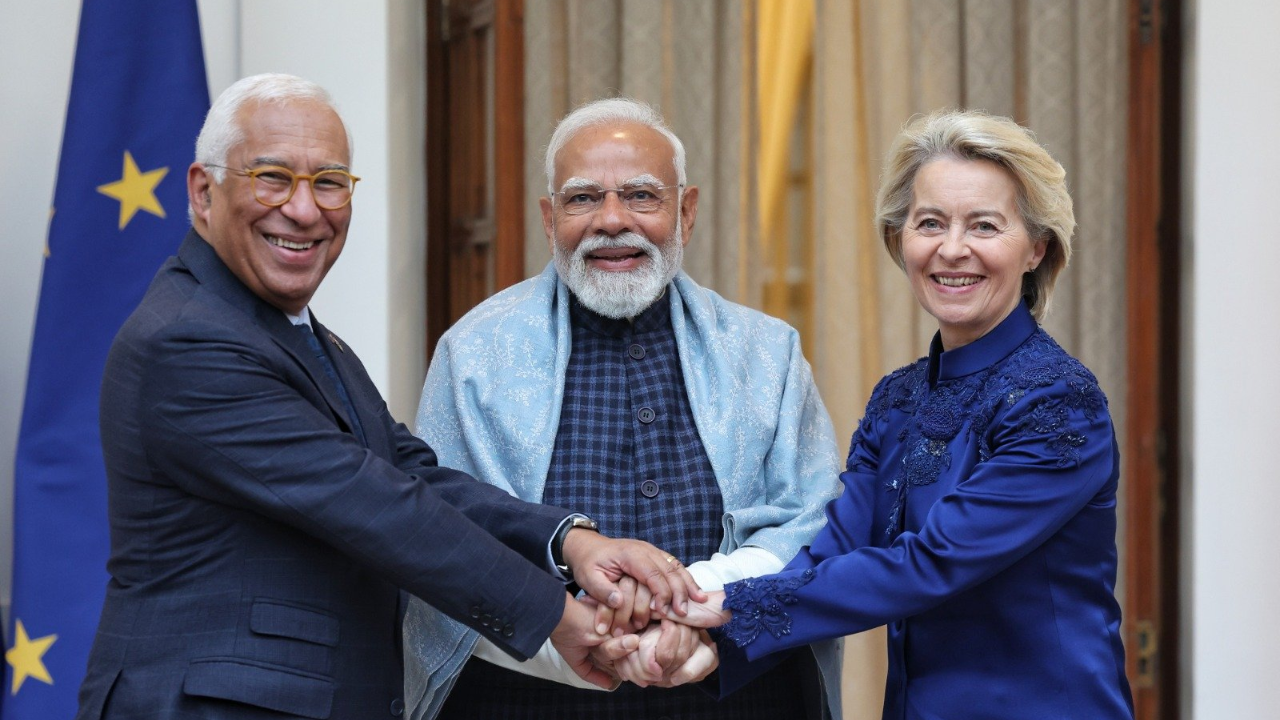India is all set to become a manufacturing hub for global luxury brands in the next four to five years, according to a FICCI-Yes Bank report on luxury brands. India has the fastest growing High Networth Individuals (HNI) population in the world, income level of consumers are expected to triple by 2025, and an active age group (25-45 years) is set to rise to a third of the population.
According to the report, the manufacturing business of luxury items in India could grow to US$ 500 million as global brands like Louis Vuitton and Frette are already looking at India as a manufacturing base, while others are sourcing their requirements from India. Moreover, the cost advantages, particularly in labour intensive sectors like leather and accessories will influence the manufacture of foreign brands in the country.
The report states that three initiatives would have to be considered by the government and private players in order to speed up the creation of the manufacturing hub in India. The initiatives include corporatisation of the luxury sector, forming a standardization and branding/packaging organization and partnering with international fashion/luxury councils or association or trade organisation.
The report also mentions that the luxury sector needs to be treated in isolation with other retail sectors as the dynamics governing it are significantly different in nature. The Indian retail sector requires significant capital, technology and best practices to bridge the existing productivity gap and achieve scale in operations to reach its potential. There is a need to further ease foreign direct investment in the sector.
According to the report, the Indian tariff structure also needs to be streamlined. India has one of the highest duties/taxes on imported luxury goods, which drive the grey market and duty free purchases, while the stringent regulatory environment impedes investment by foreign brands. There is a need to open up the opaque structure which has been put in place. There should be transparency at all levels for duties and taxes. Government rules and regulations need a thorough revision with due consideration to the sensitivities to the sector.




